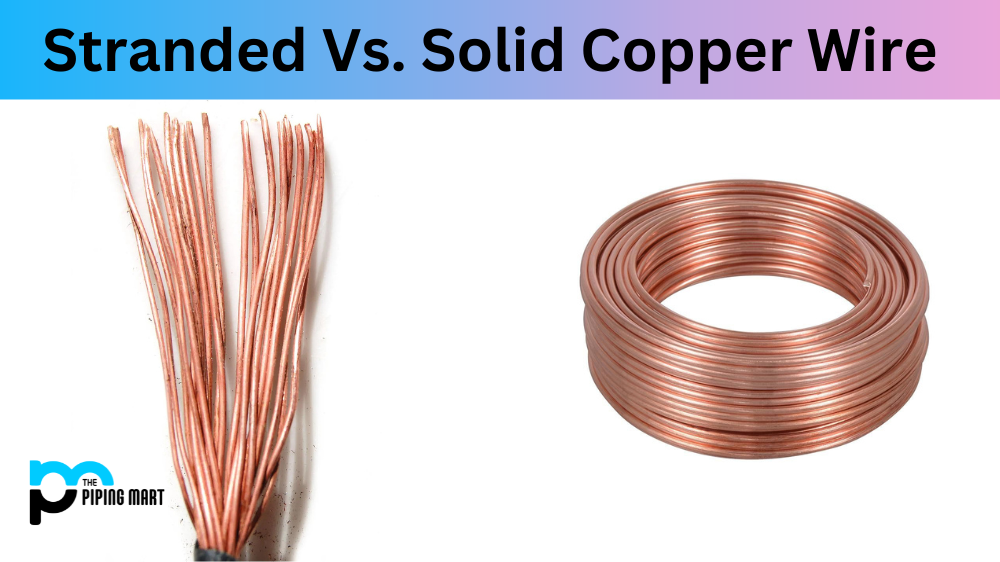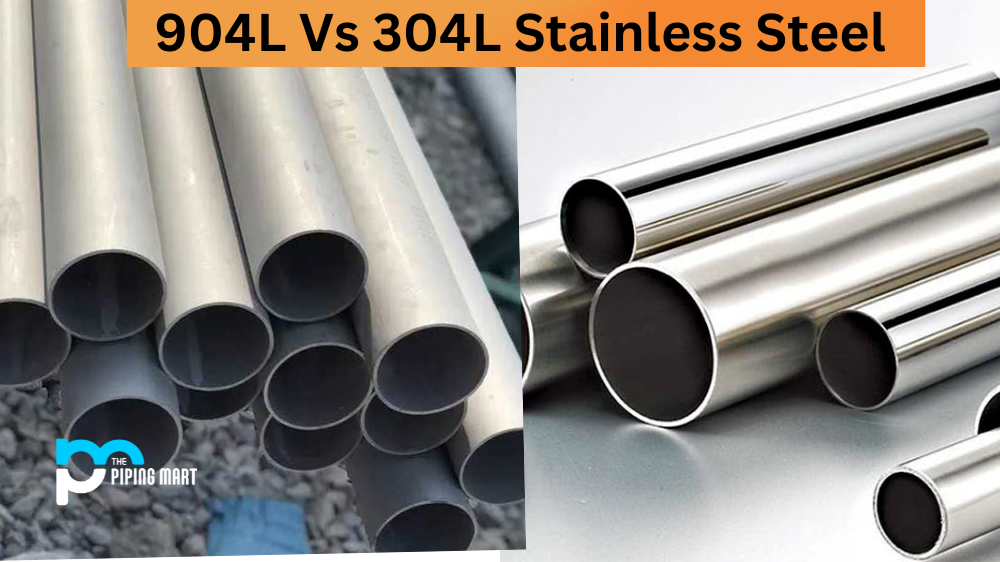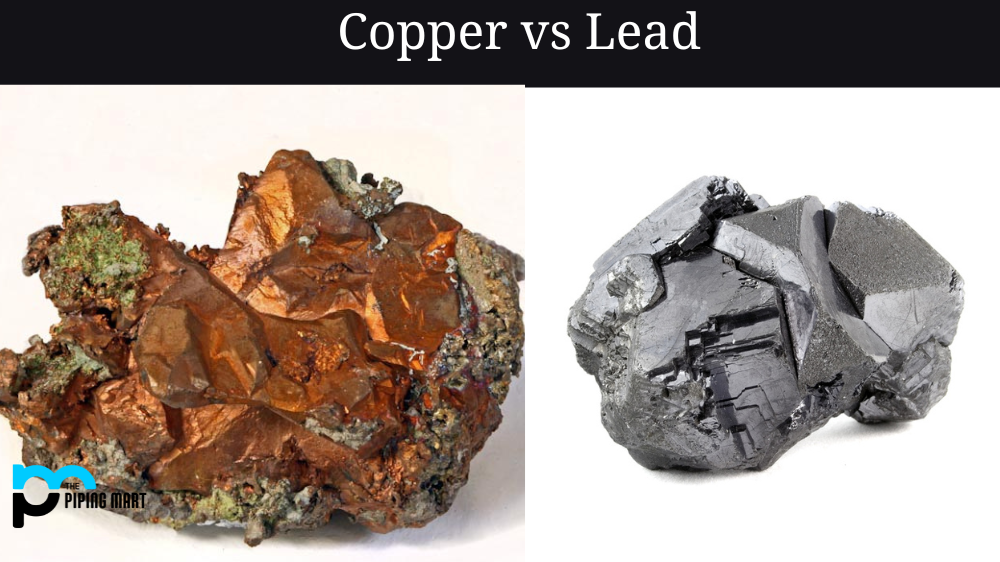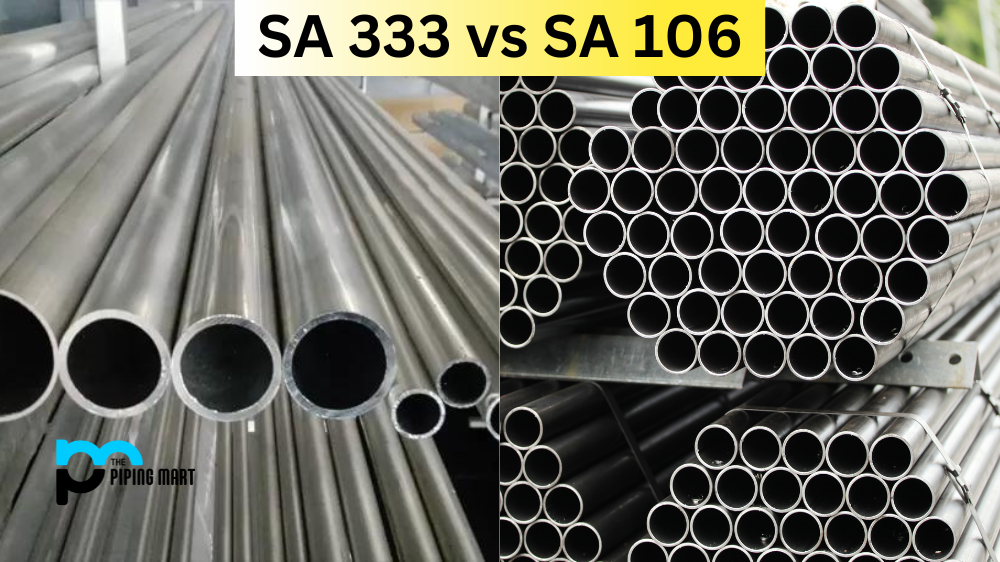If you are looking to purchase copper wiring, you may have come across the terms “stranded” and “solid.” Understanding the difference between the two is key to selecting the right type of wire for your project. In this article, we will discuss the differences between stranded and solid copper wire in detail.
Stranded Copper Wire
Stranded copper wire is composed of multiple small wires that are twisted together to form a single, larger conductor. Its flexibility makes it ideal for applications where it needs to be bent or flexed frequently. Additionally, stranded copper wire typically has a higher current handling capacity than solid copper wire. This is because stranded wires heat up more slowly than solid wires when under load (i.e., carrying electricity). This means that they are able to handle more current without heating up as quickly as a solid wire would.
Solid Copper Wire
Solid copper wire is composed of one single strand of copper that has not been twisted or braided together with other strands. Its inflexibility makes it better suited for applications where there won’t be any bending or flexing involved, such as running in conduit or underground wiring runs. Additionally, since the solid copper wire has fewer joints than stranded copper wire, it can carry higher voltages due to less resistance from the joints.
Stranded vs Solid Copper Wire
Advantages
Stranded Copper Wire
One of the main advantages of stranded copper wire over solid copper wire is that it is more flexible. This makes it ideal for applications where the wire will need to be bent or twisted, such as in electrical cables. Stranded copper wire is also less likely to break than solid copper wire, making it a good choice for applications where durability is important.
Solid Copper Wire
One of the main advantages of solid copper wire over stranded copper wire is that it is stronger and more durable. This makes it ideal for applications where the wire will need to withstand a lot of force or stress, such as in electrical cables. Solid copper wire is also less likely to kink than stranded copper wire, making it a good choice for applications where flexibility is not required.
Disadvantages
Stranded Copper Wire
One of the main disadvantages of stranded copper wire over solid copper wire is that it is less strong and durable. This can make it unsuitable for applications where the wire will need to withstand a lot of force or stress, such as in electrical cables. Another disadvantage of stranded copper wire is that it is more likely to kink than solid copper wire, which can make it difficult to work with in some applications.
Solid Copper Wire
One of the main disadvantages of solid copper wire over stranded copper wire is that It is not as flexible . This can make it difficult to work with in some applications ,such as when needing to bend or twist the wire . Another disadvantage of solid copper wire is that it maybe more susceptible to breaking than stranded copper wire , which can be an issue in applications where durability is important .
Conclusion:
Whether you choose stranded or solid copper wiring ultimately depends on your specific application and needs. Stranded copper is ideal for applications where flexibility is necessary, while solid copper is better suited for applications where flexibility isn’t an issue but high voltage, and minimal joint resistance is essential factors. Knowing the differences between these two types of wiring can help you make an informed decision when purchasing your next batch of wiring materials!

Meet Bhavesh, a seasoned blogger with a wealth of knowledge and experience. From metal products manufacturing to retail, Bhavesh has a diverse background in various industries and is dedicated to sharing his insights and expertise with readers.




